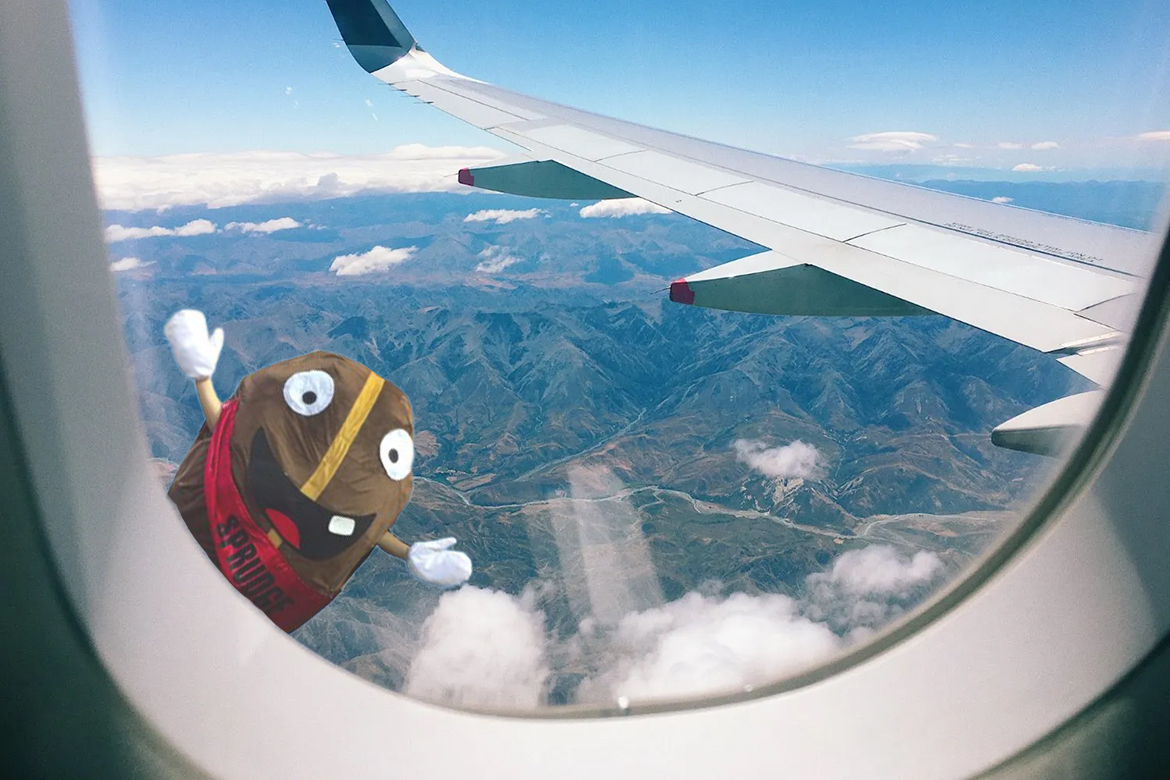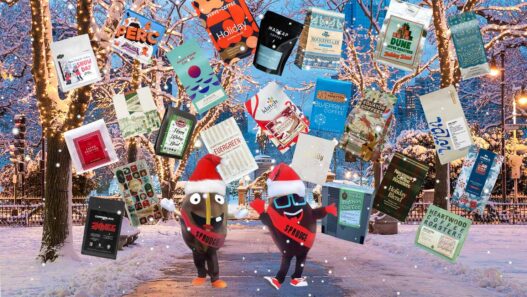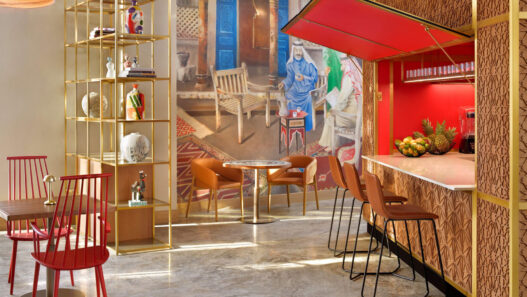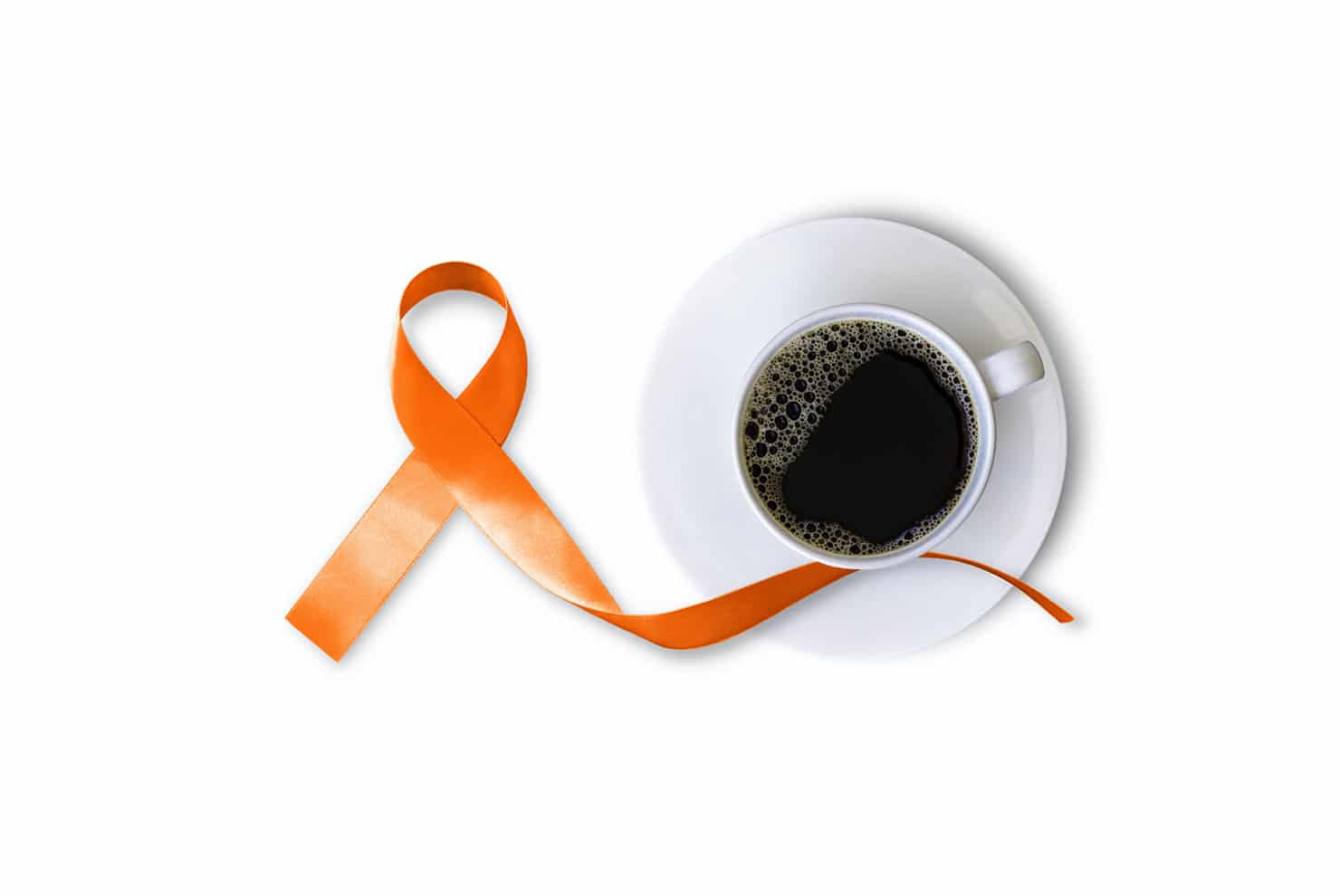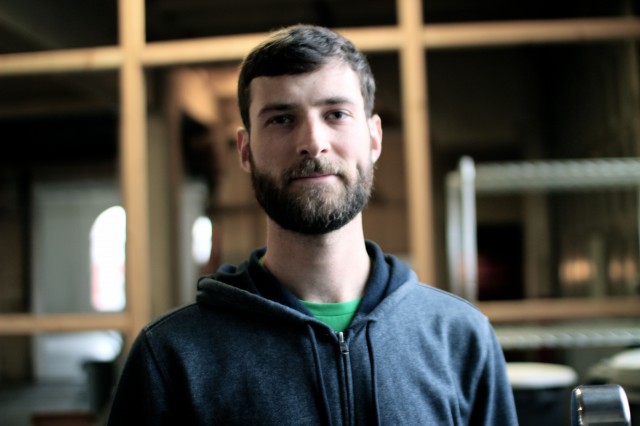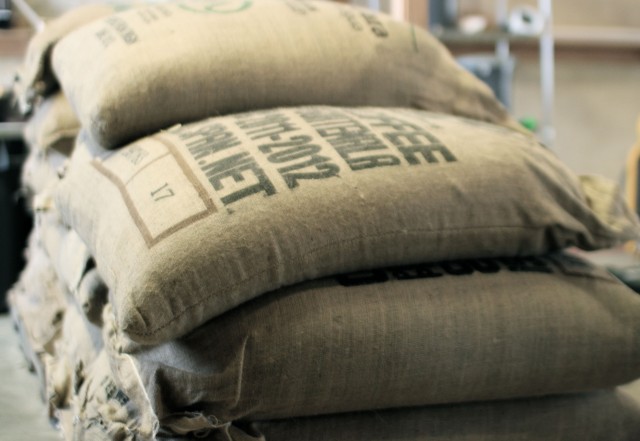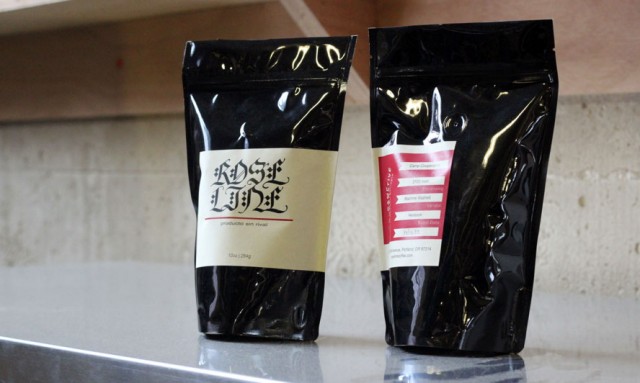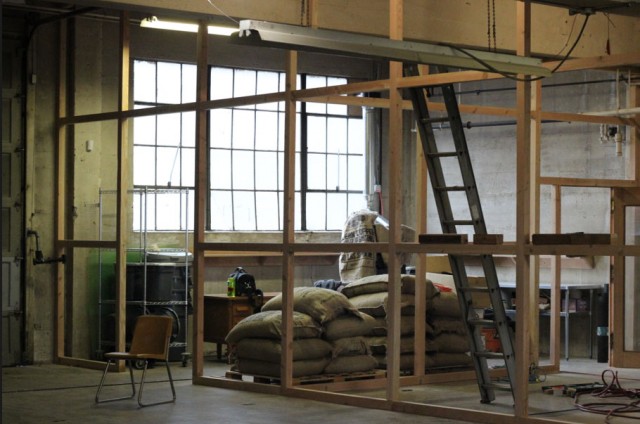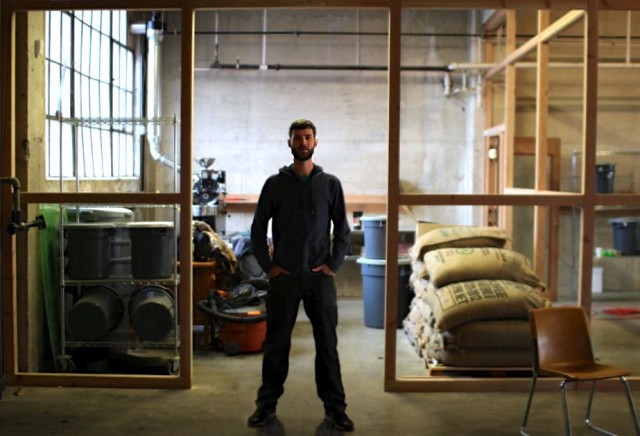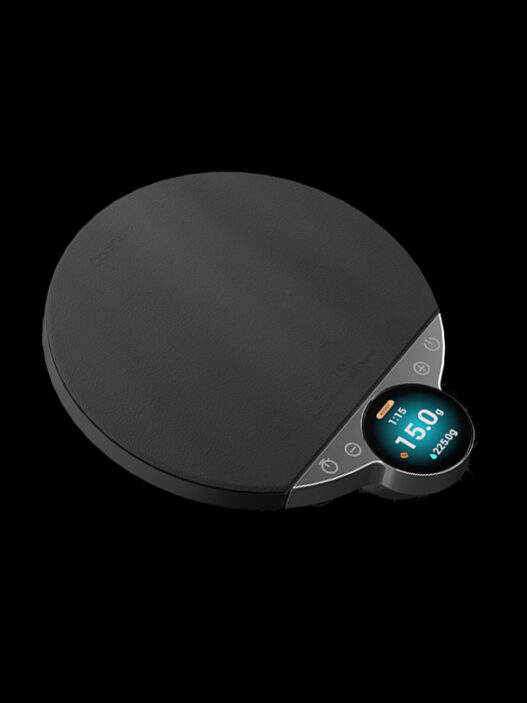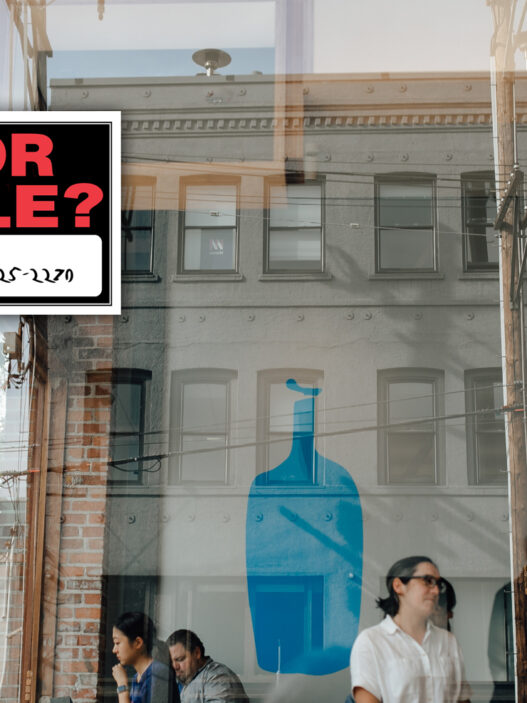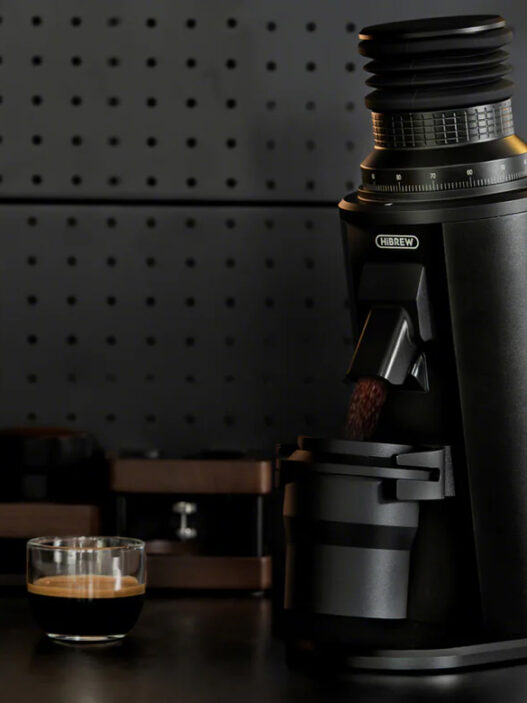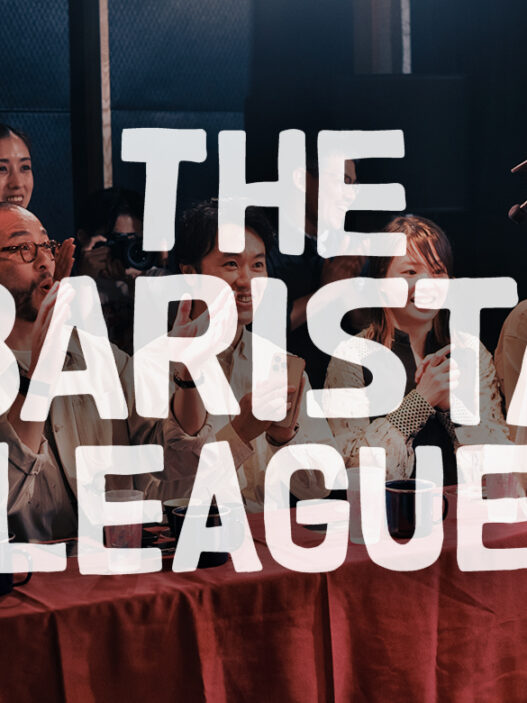By my own admittedly unscientific count, until last week Portland had 44 coffee roasters (that’s one per 13,496 people). Last week, the suffering city arched its way to an oddly even 45.
That’s because last week a guy named Marty Lopes launched Roseline, a new limited-menu, boutique roasting operation located on SE 10th street. Lopes was until recently the coffee buyer for all three outposts of Barista PDX, one of the most well-known examples of a multiroaster café in the U.S. Which is pretty much the best job in the world if you’re an aspiring coffee roaster, because your daily schedule looks something like:
- Taste a kaleidescopic array of the country’s best coffees all day long.
- Work directly with microroasters across the nation.
- Evaluate which coffees sell and which languish in the hopper and on the shelves.
But Lopes isn’t new to roasting. Before opening Roseline, he was the self-described “cupping boy,” responsible for sample roasting about 20 coffees a day at Spokane’s Thomas Hammer Coffee Roasters before moving to Portland in 2008. Then, he worked as an apprentice roaster at Extracto Coffee Roasters before moving on to Barista in 2009. The idea for Roseline was hatched years ago, but Lopes has taken his time bringing this baby into the world.
Unlike many microroasters, Lopes doesn’t use a vintage roasting machine. His shiny brand new 1.5 kilo Proaster has precision controls. “I was used to working on older machines. It was like going from driving a big bus with only a gas pedal, where the only way to slow down was to lay off the gas, to driving a car with brakes.”
He uses that control to coax a very specific quality of flavor from his coffee: A balanced, syurpy depth. Roseline coffees have weight, without being heavy—close your eyes and the coffee sits on the plane of your tongue like a glider on tarmac. It feels the way hard rain on glass looks. He plans to roast each of his coffees to evoke this quality, while leaving plenty of complexity and individuality in place. “I definitely have a style of roasting,” Mr. Lopes told me. “Let’s call it “Northwest-juicy-balanced.” ”
Lopes’ opening offering sheet includes two washed coffees, one each from Guatemala and Ethiopia, which he will roast for both espresso and drip. He went all in, purchasing a pallet of each, and plans to continue this kind of narrow focus in his purchasing for a while. For now, Lopes says, “I want these two coffees to be my wheelhouses.”
Barista is Roseline’s first wholesale client; he plans to reach out to a small list of Portland cafes, and then look elsewhere. “I want to roast coffee, not open cafes. My goal is to build a boutique brand. I’m going to go for quality every time.” Following @roselinecoffee on Twitter reveals that sample shipments are en route to tastemaking multi-roaster cafes like Houndstooth (Austin), Barista Parlor (Nashville), and Broadacre (Sacramento). Clearly there’s a playbook afoot.
What about that flirty name? Roseline. “It’s a subtle nod to the fact that we’re in the Rose City,” says Lopes. “It’s also a tip to that thing all baristas recognize, when you get a red stripe right through the middle of your espresso shot and it’s like, ‘daaaaaamn that’s gonna be a good shot.’ It’s the rose line.”
Roseline was until recently available at Barista PDX. Interested parties can, as of now, order coffee directly from Mr. Lopes via Twitter (a proper website will be along shortly, but that’s no reason to wait).
Hanna Neuschwander is the author of Left Coast Roast, and a regular contributor to Portland Monthly, Edible Seattle, and Willamette Week. She is also the managing editor of Democracy & Education, a scholarly journal published by Portland’s Lewis & Clark College Graduate School of Education and Counseling. This is her first feature for Sprudge.com.



